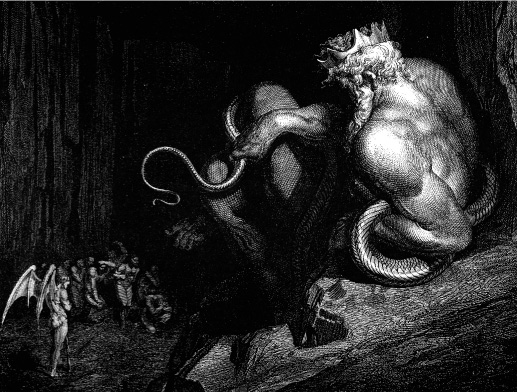Much literature is derived from the Bible. Dante Alighieri’s The Inferno (c. 1314) deals with Christian ideas of sin and eternal punishment. The protagonist of John Bunyan’s Pilgrim’s Progress (1678), Christian, reads the Bible, and feels ashamed of his sins, so he works through a physical and metaphorical wilderness to seek God’s mercy and deliverance. Victor Hugo’s Les Misérables (1862), one of the most significant novels of the nineteenth century, contains one of literature’s most memorable Christlike figures in the person of convict-turned-martyr, Jean Valjean. The title of John Steinbeck’s 1952 classic East of Eden is an allusion to the expulsion of Adam and Eve from Eden. The story itself is packed with biblical parallels, including two rival brothers who bear numerous comparisons to Cain and Abel. Some works, like Christopher Moore’s Lamb: The Gospel According to Biff, Christ’s Childhood Pal (2002), are derived from the Bible in a tongue-in-cheek manner. In this novel, Moore imagines the years of Jesus’ life that the Bible left out. Biff, Jesus’ friend, describes the journey he and Jesus took to the East in order to find out what Jesus was supposed to do.


